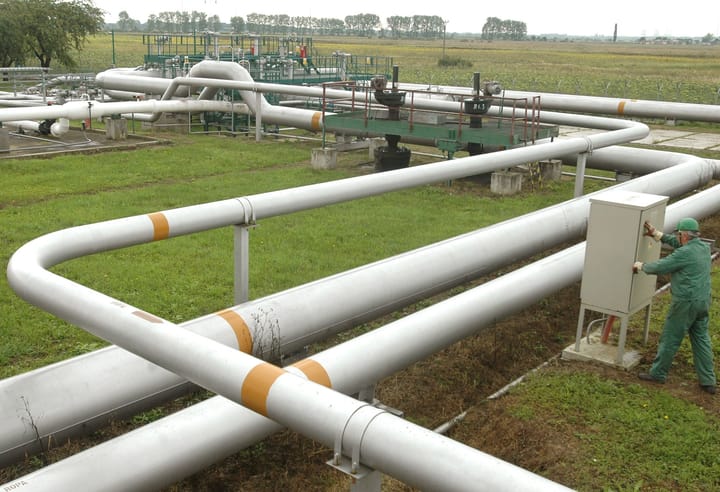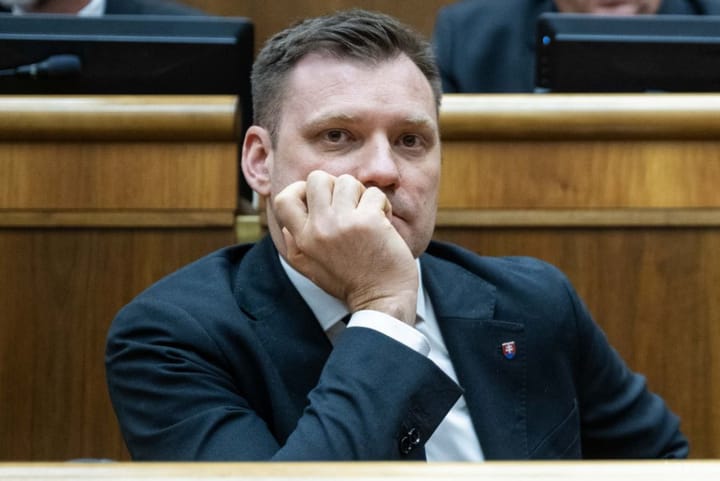RRZ Lowers Slovak Economic Growth Forecasts for 2025 and 2026

Bratislava, 2 October (TASR) – The Council for Budgetary Responsibility (RRZ) has revised downward its economic growth expectations for both the current and following year, citing a harsher-than-expected impact of ongoing fiscal consolidation on the Slovak economy, as well as the structure of the planned consolidation package for next year.
The revised economic growth estimate for 2026 drops by more than one percent, although it assumes a smaller consolidation effort than currently announced, RRZ reported on Thursday.
„Other contributing factors include ongoing global uncertainty and a worsening economic outlook in countries more closely tied to the Slovak economy,” the experts noted.
RRZ now expects economic growth in 2025 to reach 0.9 percent. Uncertainty surrounding US tariffs and global economic developments is, according to analysts, resulting in slower performance in domestic industry.
A deteriorating outlook for the European economy is expected to delay a modest recovery in foreign trade until at least 2027.
Inflation could reach 4.1 percent, driven in part by faster price growth in food and market services.
In addition to the negative outlook for the European economy, macroeconomic developments in Slovakia in 2026 will also be shaped by the impact of the announced consolidation package and the final form of energy subsidies, RRZ noted.
As a significant portion of cost-saving measures has not yet been specified and energy subsidies are expected to further increase budget expenditures, the council estimates the total net volume of government measures at €1.7 billion.
„A significant part of the detailed consolidation measures so far (over 80 percent) relies on increasing state revenues, primarily through higher labour taxation. An agreement reached between the EU and the USA on tariffs could help reduce global uncertainty and slightly boost investment activity,” experts stated.
In the following years, economic growth is expected to stabilise at around 1.5 percent. The gradual introduction of the new ETS2 emissions trading system may slow progress towards long-term inflation targets, RRZ added.
The year 2027 will be influenced by the launch of Volvo’s new car plant and the expected lack of consolidation efforts in the election year. Post-election years 2028 and 2029 are projected to see renewed fiscal consolidation.
The labour market is anticipated to experience a gradual decline in workforce due to ongoing demographic changes, the council added.



